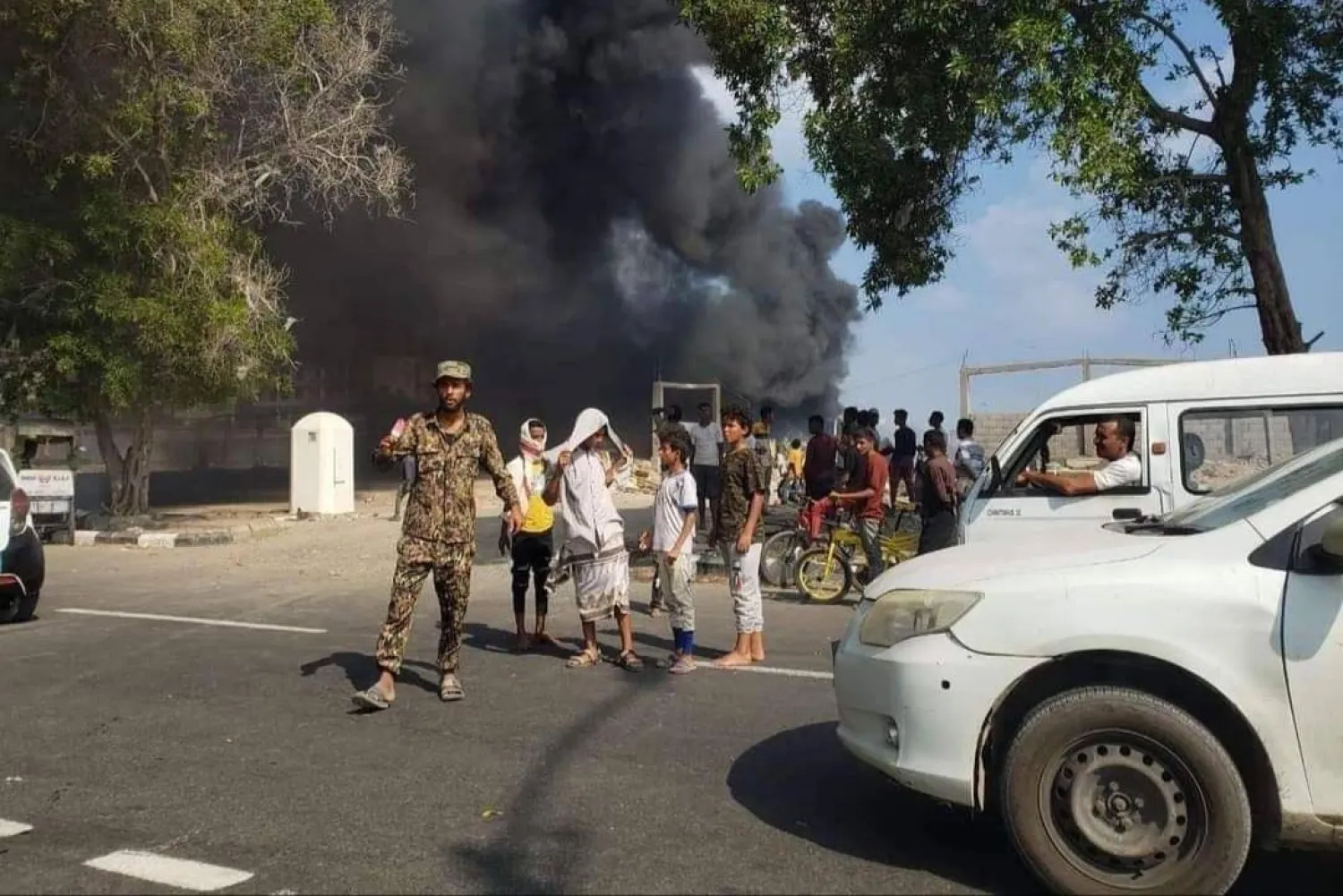Measures taken by the Yemeni and Djiboutian authorities reduced the flow rate of migrants from the Horn of Africa to Yemen by 15 percent during the month of May, according to the data of the regional report of the International Organization for Migration (IOM).
According to the report, the Horn of Africa and Yemen represent the world’s busiest and most dangerous migration corridor, with hundreds of thousands of migrants often relying on smugglers to facilitate their movement along the eastern route.
But the report stressed that the number of arrivals to Yemen decreased by 15 percent during the month of May, compared to April.
The report attributed this decrease to the security raids carried out by the Yemeni authorities in Lahj governorate, which it said has raised the fears of smugglers, and led to a decrease in the number of arrivals across the Lahj coast by 25 percent over the past month.
In its report, the IOM said that most migrants were looking for better economic opportunities (83 percent), while 17 percent said were forced to leave because of conflict, violence, or persecution in their countries. Women and children represent about a quarter of all arrivals.
In contrast to this decrease in the coasts of Lahj on the Red Sea, an increase of 72 percent was registered in the number of migrants from Somalia, during the same period.
According to the report, this “is linked to the increasing number of migrants arriving on the coasts of Shabwa Governorate on the Arabian Sea, after the temporary truce between the conflicting parties in the Somali region of Bari, which is one of the main routes used by smugglers.”
The organization stated that the Yemeni authorities have re-launched campaigns to arrest certain groups of smugglers, but linked this move to “alleged disputes between smugglers and local authorities.”
The IOM also reviewed the measures taken on the other side of the Bab al-Mandab Strait in Djibouti, and reported a 10 percent decrease in the entry of migrants there from April.
In an effort to escape from the measures taken by the Djiboutian and Yemeni authorities on both sides of the Red Sea, the report stated that increased interest was detected among smugglers in the use of the sea route from Somalia to Shabwa Governorate on the coasts of the Arabian Sea.
The organization said that although most of the migration from Somalia was economically motivated, 37 percent of people were on forced journeys, either because of food insecurity or because of natural disasters.
The organization expected this trend to continue in the coming months, leading to the arrival of an increasing number of irregular Ethiopian migrants, refugees and asylum seekers to the region. It added that many of them would use Somalia as a gateway to the Arabian Peninsula, while others might choose to settle in and around Hargeisa.
The organization had expected the number of African migrants arriving in Yemen to exceed 160,000 during the current year - the highest number recorded in the last five years.









